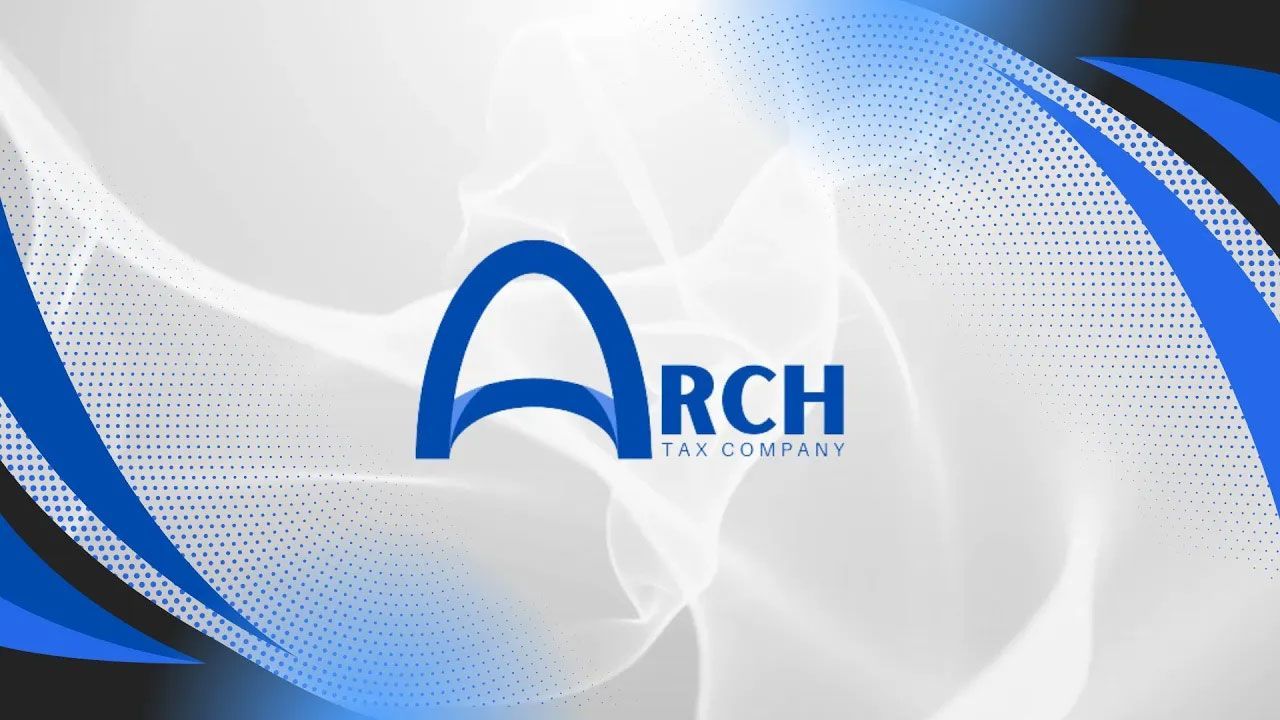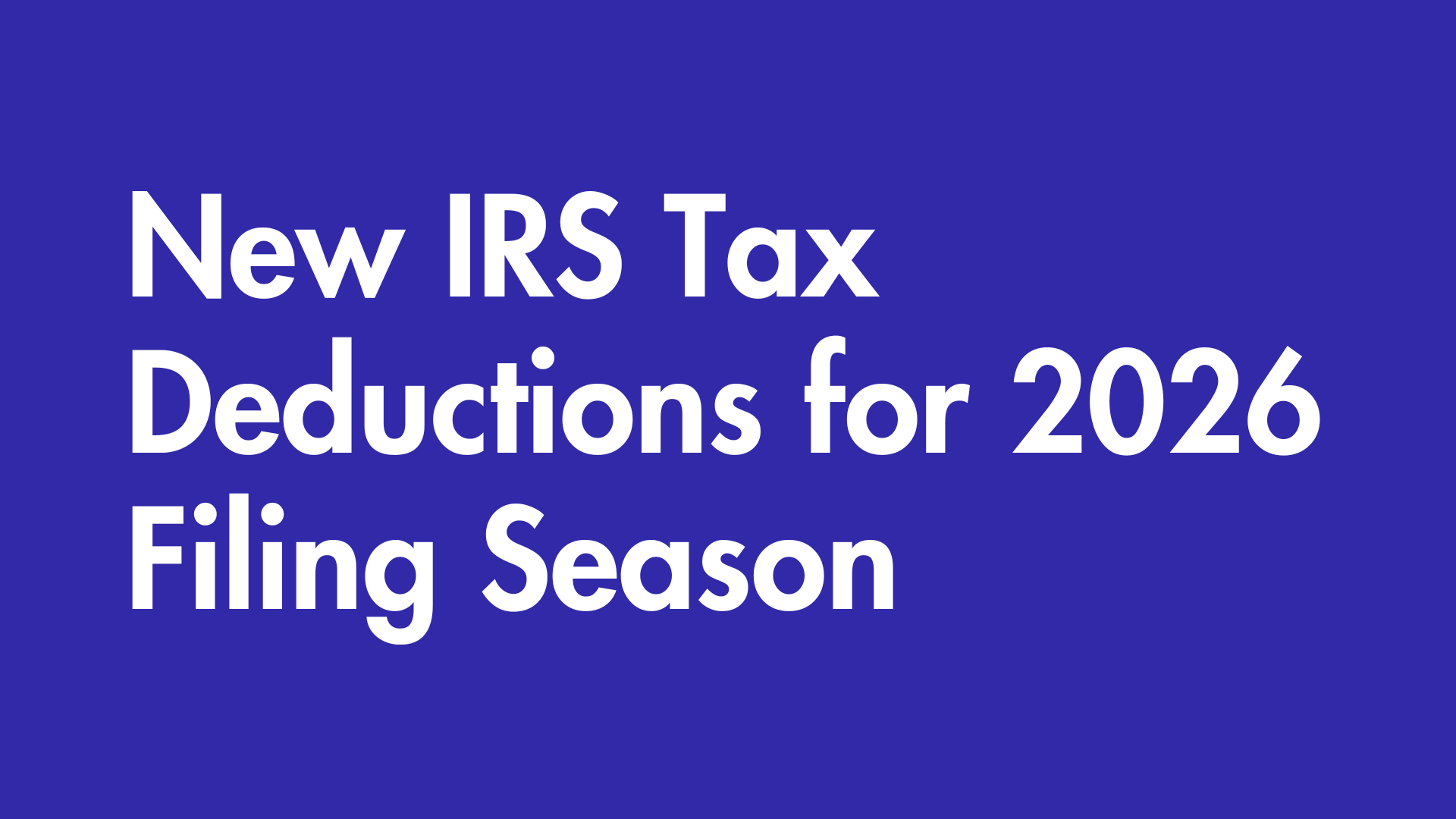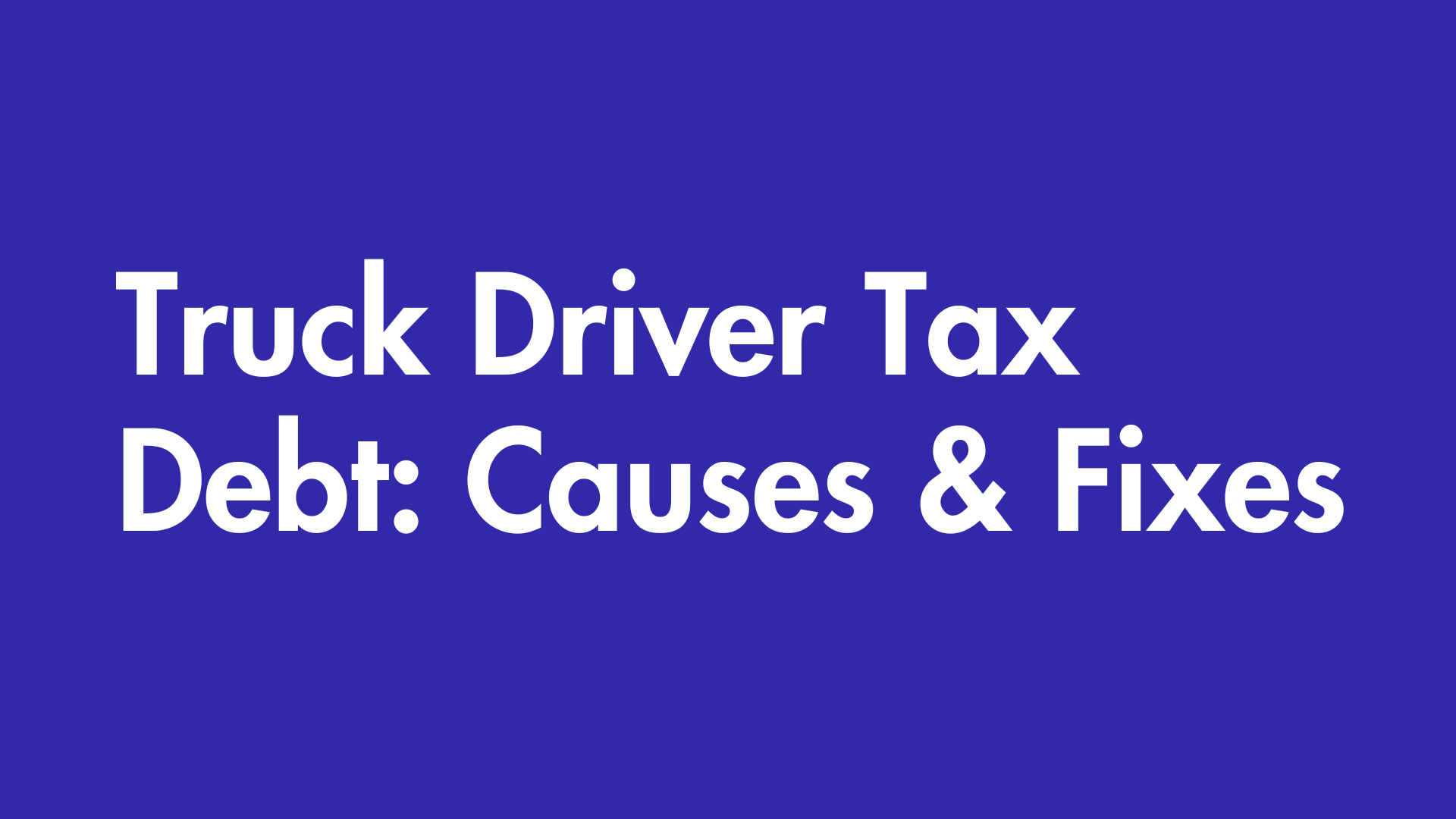Tax Filing 101 for Rideshare & Delivery Drivers
Chad Dickinson • January 15, 2025
Navigating taxes as a rideshare or delivery driver can feel overwhelming, especially if you're new to the gig economy. Whether you drive for Uber, Lyft, DoorDash, Grubhub, or similar platforms, understanding the tax process is crucial to maximizing your income and avoiding costly mistakes.
In this guide, we'll break down the essentials you need to know for filing your taxes as a rideshare or delivery driver.
Watch Our Video for a Quick Overview
Why Filing Taxes Is Different for Rideshare and Delivery Drivers
As a rideshare or delivery driver, you’re considered self-employed in the eyes of the IRS. This means you're responsible for reporting your income and paying self-employment taxes. It also means you have access to numerous deductions to reduce your taxable income.
Key Documents You’ll Need
Before you start filing your taxes, make sure you gather these essential documents:
- Income Summary: Generated by your rideshare/delivery app, showing your earnings, number of trips, and fees deducted.
- Mileage Records: Track your mileage for tax deductions. Many apps, like Uber, provide this information, but using a mileage tracking app can help ensure accuracy.
- Expense Records: Keep receipts for work-related expenses like phone bills, tolls, parking, supplies, and meals.
Tax Deductions for Rideshare and Delivery Drivers
Understanding what you can deduct is key to saving money on your taxes. Here are some common deductions:
- Mileage: Deduct either the standard mileage rate or actual expenses (gas, maintenance, insurance).
- Phone and Internet Costs: Deduct a portion of your phone bill and data plan used for work.
- Supplies: Includes items like phone mounts, chargers, and delivery bags.
- Tolls and Parking: Deduct these if not reimbursed by the platform.
Tips for Simplifying Your Tax Filing
- Keep Organized Records: Regularly update your income and expense records to avoid last-minute stress.
- Use Tax Software or Hire a Professional: Consider software designed for self-employed individuals or consult a tax professional.
- Set Aside Money for Taxes: Remember to save for self-employment taxes (Social Security and Medicare) to avoid surprises.
Ready to File Your Taxes?
Preparing taxes as a rideshare or delivery driver doesn’t have to be daunting. By staying organized and taking advantage of deductions, you can maximize your earnings and minimize your tax bill.
If you have questions or need help filing your taxes, Arch Tax is here for you!








